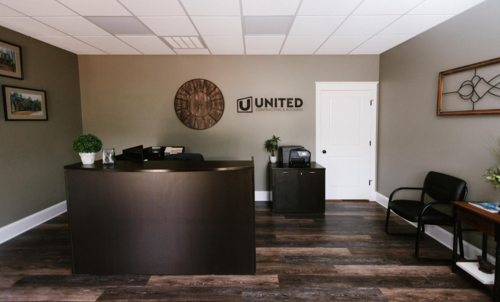When working with contractors, it’s common practice to ask for a Certificate of Insurance (COI) before any work begins. United Contracting & Roofing LLC located in Greenville, SC, emphasizes that while obtaining a COI is essential, it is often not sufficient to ensure full protection.
What is a Certificate of Insurance?
A Certificate of Insurance (COI) is a document provided by an insurance broker that outlines the coverage held by a contractor. It typically includes information about the policy, such as the types of coverage, policy limits, and the effective dates. While a COI provides a summary of a contractor’s insurance coverage, it does not replace the actual insurance policy.
The Limitations of a COI
While a COI is a useful tool for verifying that a contractor has insurance, it has limitations. The COI is only a representation of the insurance coverage, and it cannot guarantee that the coverage will be sufficient or valid throughout the duration of the project. The only way to ensure complete protection is to review the contractor’s full insurance policy.
Key Considerations When Reviewing Insurance Policies
- Policy Limits and Coverage Types: Ensure that the policy limits are adequate for the scope of the project. Common types of coverage to look for include general liability, workers’ compensation, and automobile liability.
- Exclusions and Endorsements: Review any exclusions or endorsements that may limit the coverage. For example, some policies may exclude coverage for certain types of work or materials.
- Additional Insureds: Verify whether your company is listed as an additional insured on the policy. This provides you with coverage under the contractor’s policy in the event of a claim.
- Policy Duration: Check that the policy is active and will remain in effect for the duration of the project. Ensure there are no gaps in coverage that could leave you unprotected.
Addressing Subcontractor Concerns
Asking subcontractors to provide their full insurance policies can be met with resistance. It’s important to communicate that the request is not intended to penalize them but to ensure mutual protection against potential losses. Allowing certain sensitive information, such as premiums or other insured parties, to be redacted can help alleviate their concerns.
Explain that by reviewing their insurance policy, you can identify any gaps in coverage and provide them with a list of any issues. This process can serve as a valuable insurance consultation, often revealing information that the subcontractor was not aware of.
Benefits of Comprehensive Insurance Review
Conducting a thorough review of subcontractor insurance policies offers several benefits:
- Enhanced Protection: Ensures both parties are adequately protected against potential losses.
- Risk Mitigation: Identifies and addresses any gaps or deficiencies in coverage before they become issues.
- Informed Decision-Making: Provides valuable information that can influence project planning and risk management strategies.
Conclusion
Relying solely on a Certificate of Insurance is not enough to guarantee full protection for your projects. A comprehensive review of the contractor’s insurance policy is essential to ensure adequate coverage and mitigate potential risks. United Contracting & Roofing LLC, committed to Experience, Quality, and Service, recommends this approach to safeguard all parties involved. For more details on selecting the right roof system for your commercial facility, click here.








